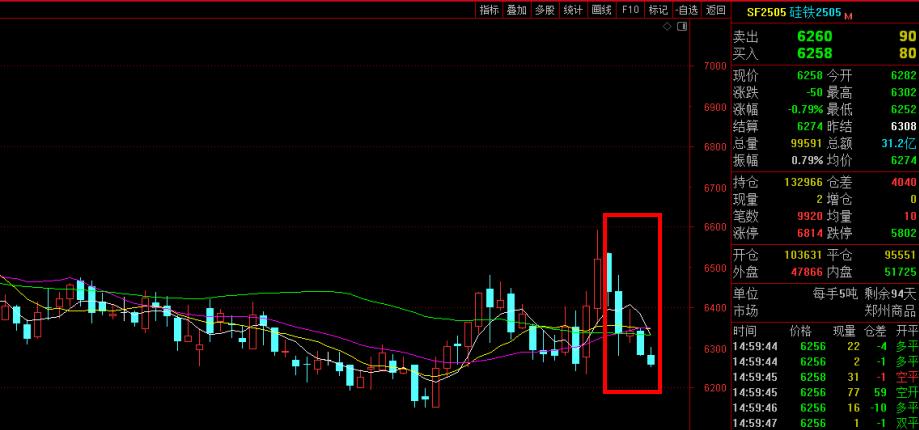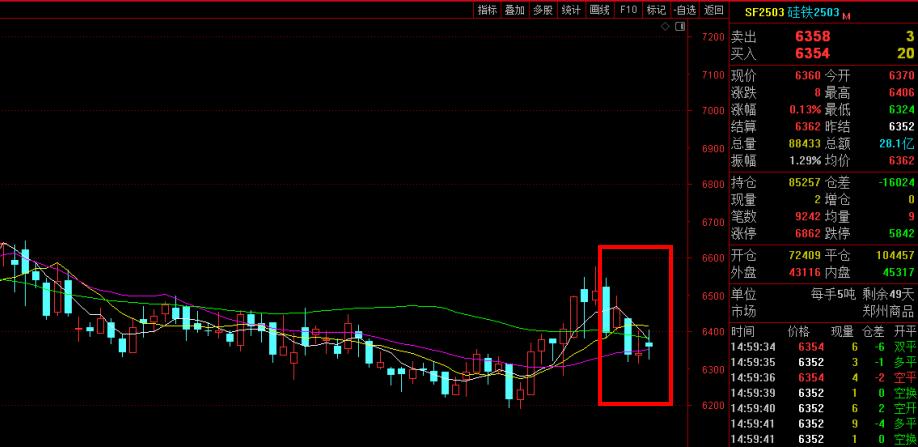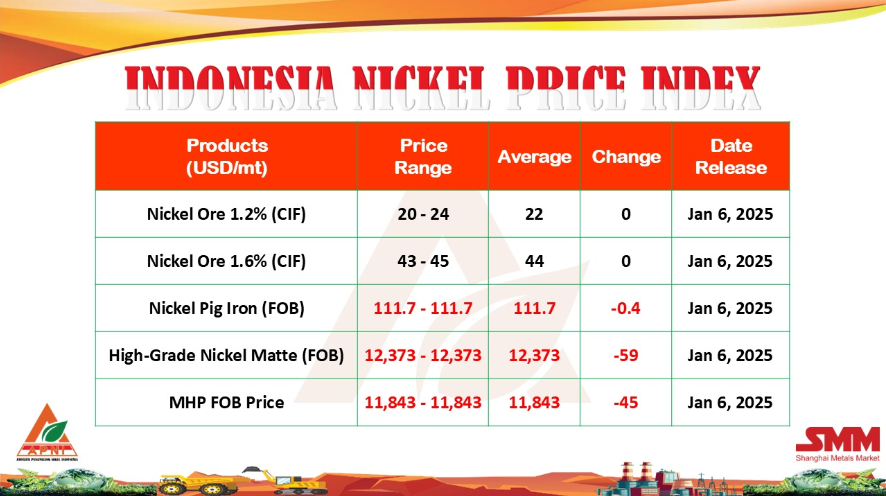Many European countries have recently announced the reopening of coal power plants as gas supplies from Russia have slumped amid European Union sanctions.
Such measures are hindering the bloc's goal of reaching carbon neutrality by 2050, demonstrating the EU's double standards on reducing emissions.
REVERSED MEASURES
Many European countries, including Germany, Italy, Austria, the Netherlands and Denmark, once advocated abandoning coal power generation and protecting the environment.
However, to shake off a looming energy crisis, these countries have recently reopened their coal power plants or taken measures to support coal power.
Earlier this month, the European Parliament voted in favor of plans to award a green investment label to nuclear and gas projects, which sparked claims of "greenwashing" by some EU member states and environmental lobbyists.
The European Commission also announced earlier that "some of the existing coal capacities might be used longer than initially expected" because of the new energy landscape in Europe.
"We know that the energy mix and the plans of member states will adjust slightly because we are in an unexpected situation," Commission spokesman Tim McPhie said at a press briefing.
DOUBLE STANDARD
The EU's return to coal power is contrary to its long-term carbon reduction goal, and "loosening" restrictions on itself is in sharp contrast to its carbon reduction requirements for other countries, said scholars.
"In a quest for energy security, developed countries are turning to fossil sources, presenting a major affront in the global climate action efforts," said Cavince Adhere, a Kenya-based international relations scholar.
"European countries which have been the chief beneficiaries of carbon pollution taking deliberate energy policy that clearly impinges on environmental protection aspirations. It is a demonstration of double standards," he added.
The expert also noted that developing countries are "boxed into a corner by rich countries," yet "efforts by countries like Kenya now face a major throwback as European countries turn to new fossil and gas sources."
Adhere's view was echoed by Sheriff Ghali, a professor of political science at Nigeria's University of Abuja.
Ghali told Xinhua that Europe is the main destination of crude oil exports from African countries, such as Nigeria. While the bloc intends to relax requirements for itself, it shows no intention of relaxing its carbon emission requirements for other countries and regions. That, in effect, is a double standard, said Ghali.
LOOMING ENERGY CRISIS
Since the beginning of this year, the prices of natural gas and electricity have soared to record highs in Europe, leading to widespread inflation and severely impacting the European and global economies.
Despite taking several measures to relieve the bottleneck, analysts noted that there is no easy way out of the dilemma in the short term.
"The energy crisis in Europe could last longer than expected, and bring significant inflation in the medium to long run," Jiangwen Guo, a senior research fellow of Environment and Society Programme at the Royal Institute of International Affairs Chatham House, told Xinhua.
Caroline Kuzemko, an associate professor and reader in international political economy at Britain's University of Warwick, told Xinhua that "the jury is out on EU emissions reduction schedule."
Kuzemko said the EU emissions reduction process largely depends on "how much coal is used this winter, how cold the winter gets, how quickly new renewables and heat pumps can be brought online."
Source: Xinhua
Copyright © 2013 Ferro-Alloys.Com. All Rights Reserved. Without permission, any unit and individual shall not copy or reprint!
- [Editor:kangmingfei]



 Save
Save Print
Print Daily News
Daily News Research
Research Magazine
Magazine Company Database
Company Database Customized Database
Customized Database Conferences
Conferences Advertisement
Advertisement Trade
Trade














 Online inquiry
Online inquiry Contact
Contact

Tell Us What You Think